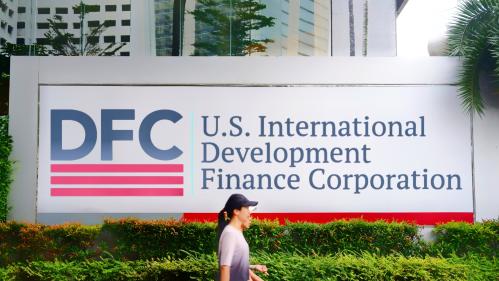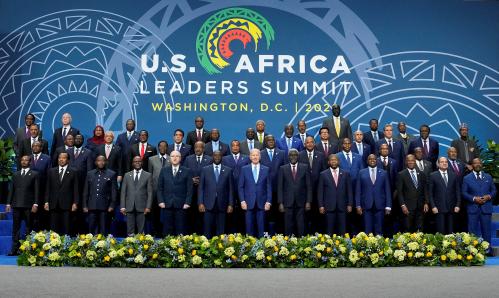Content from the Brookings Doha Center is now archived. In September 2021, after 14 years of impactful partnership, Brookings and the Brookings Doha Center announced that they were ending their affiliation. The Brookings Doha Center is now the Middle East Council on Global Affairs, a separate public policy institution based in Qatar.
Shadi Hamid’s article says the widening policy gap between America and its GCC allies in response to Arab Spring uprisings is the result of differing threat perceptions. Hamid says that “stability” from a U.S. perspective does not mean what it used to, or what Saudi Arabia still thinks it means. For stability to be maintained, U.S. officials believe, governments must respond to the substantive demands of their people and provide them with a real stake in the political process. So while U.S. and Saudi interests do align on a number of issues, they do not align on the broader, philosophical question of how to manage political change.
However, Hamid says there are no ready replacements for the United States in its critical role as the Gulf’s security guarantor. On this basis, Hamid argues the United States and the GCC, despite apparent public tensions, will continue to find ways to work with each other. Neither, for now at least, is in a position to do otherwise.
Hamid concludes that the current nature of American-GCC relations will ultimately dampen any bold U.S. initiative to support greater democratization in the region, particularly in the conservative monarchies of Bahrain, Morocco, and Jordan.



Commentary
Old Friends, New Neighborhood: The United States, the GCC, and their Responses to the Arab Spring
December 30, 2012